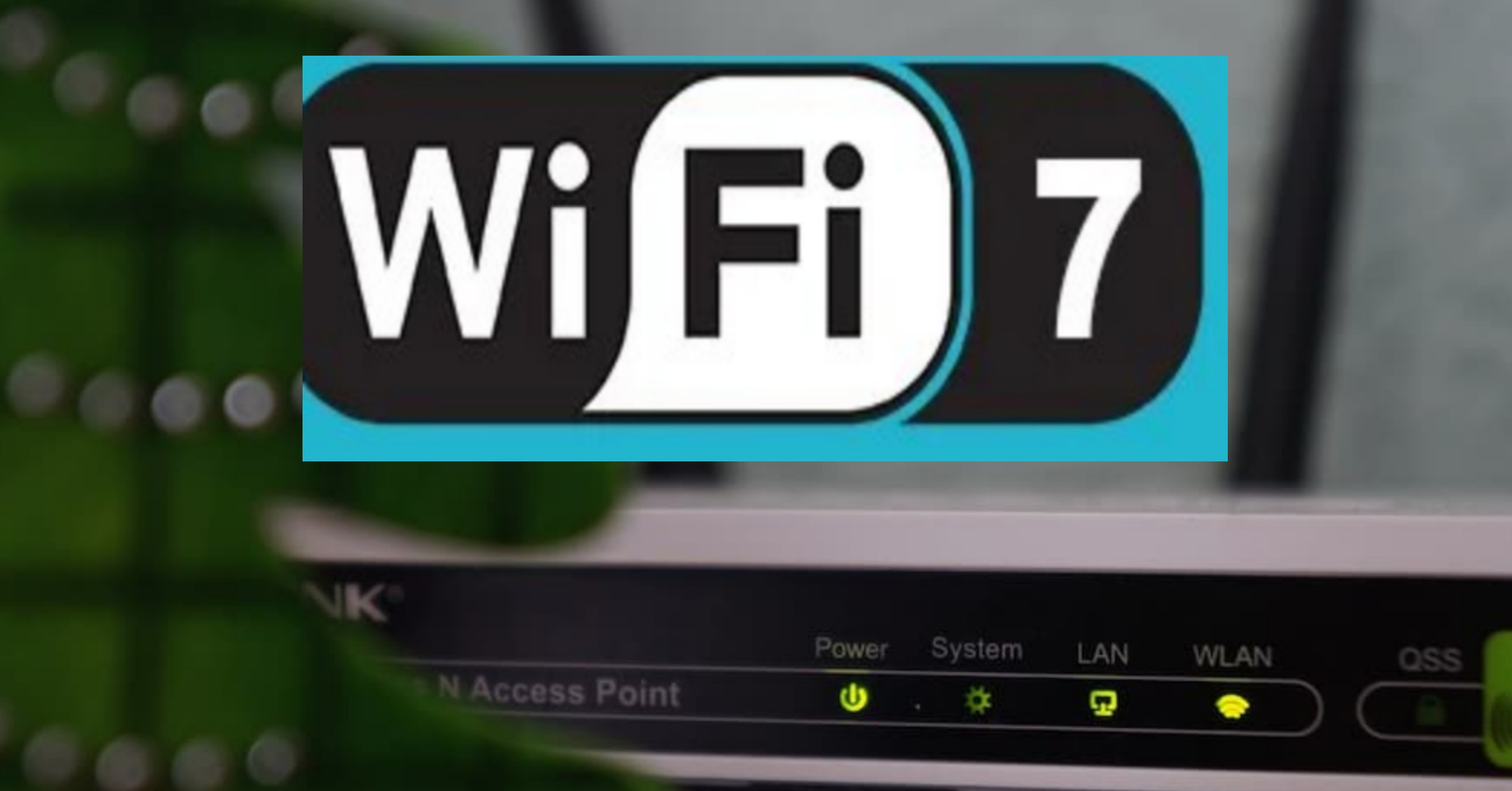
The Wi-Fi Alliance introduced Wi-Fi 7, the latest IEEE standard, at CES 2024, promising notable improvements to the existing connectivity standard. With speeds up to four times faster than Wi-Fi 6E, Wi-Fi 7, or IEEE 802.11be, brings several advancements, including Multi-Link Operation, 320MHz channel support for Wi-Fi networks, and the incorporation of 4K Quadrature Amplitude Modulation (QAM). Anticipate the arrival of more Wi-Fi 7-compatible routers and devices throughout 2024.
As outlined by the Wi-Fi Alliance during the standard’s launch, Wi-Fi 7 supports speeds of up to 40Gbps, a significant leap from the peak speed of 10Gbps offered by Wi-Fi 6E networks. It is important to note that the enhanced speeds will only be accessible with devices that support Wi-Fi 7 connectivity on both ends—router and device.
A key feature accompanying Wi-Fi 7 is Multi-Link Operation (MLO), aimed at reducing latency and improving network stability. MLO enables devices on the network to simultaneously transfer information and data over multiple frequency bands.
Wi-Fi 7 introduces wider channel bandwidth support, providing a boost in network throughput. The standard allows for a broader 320MHz bandwidth, doubling the 160MHz available on Wi-Fi 6E networks. This expansion, similar to Wi-Fi 6E introduced in 2021, alleviates network congestion experienced on older Wi-Fi networks.
Additionally, Wi-Fi 7 incorporates 4K Quadrature Amplitude Modulation (QAM), resulting in up to 20% faster data transfer rates on wireless networks. Compared to the previous Wi-Fi standards, Wi-Fi 6 and Wi-Fi 6E, which supported 1024-QAM, and Wi-Fi 5 with 512-QAM, this new standard marks a significant improvement.
While CES 2024 witnessed the announcement of Wi-Fi 7-capable routers, the availability of devices compatible with this standard may take some time. Certain devices, powered by the Snapdragon 8 Gen 3 series chip and Intel’s latest 14th Gen Core Ultra chips, already support Wi-Fi 7 networks.
Looking ahead, Apple is anticipated to integrate Wi-Fi 7 support in its upcoming devices, including the iPhone 16 Pro models, set to debut later this year. The Wi-Fi Alliance predicts that over 233 million Wi-Fi 7 devices will enter the market in 2024, further establishing the prevalence of this advanced connectivity standard.
